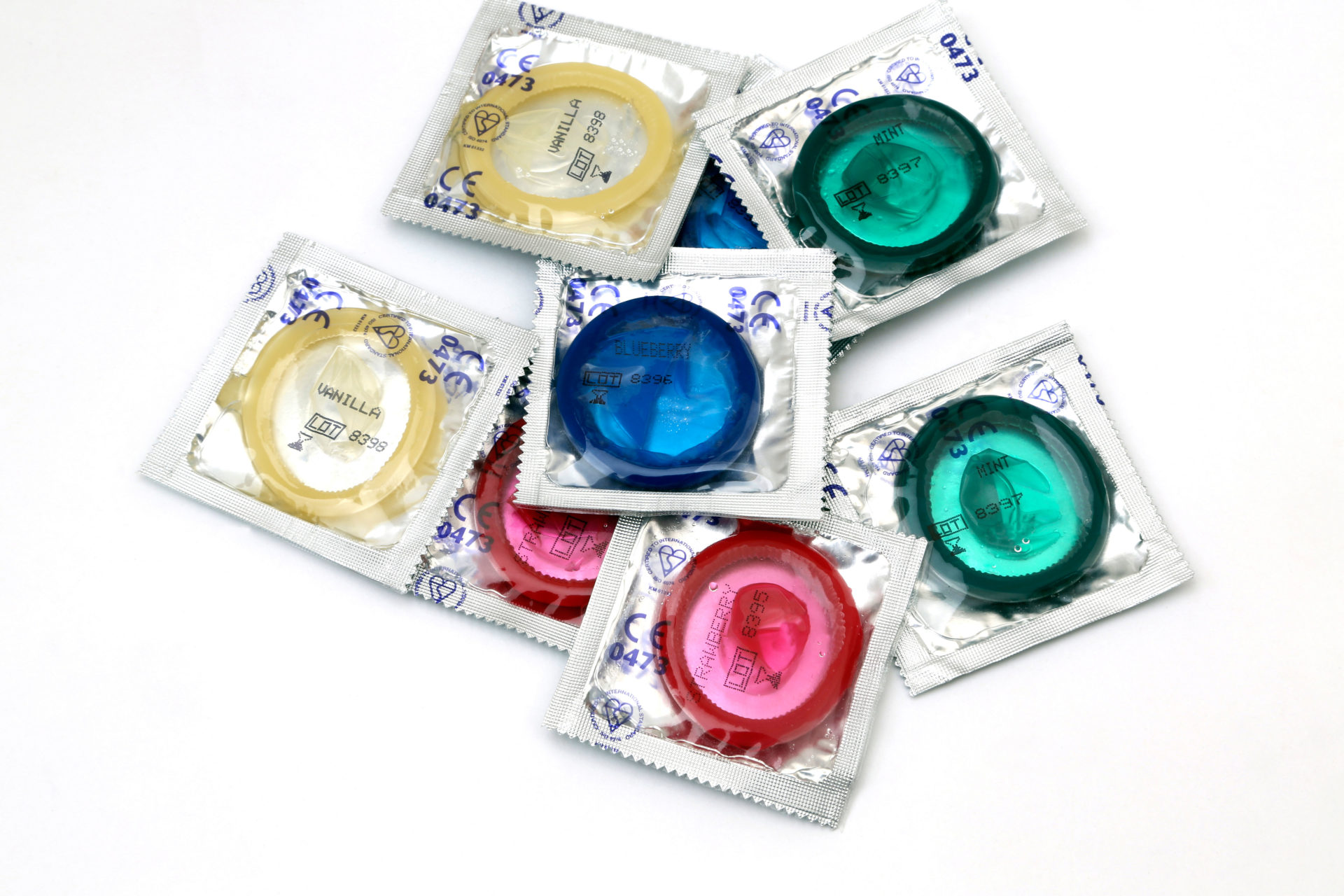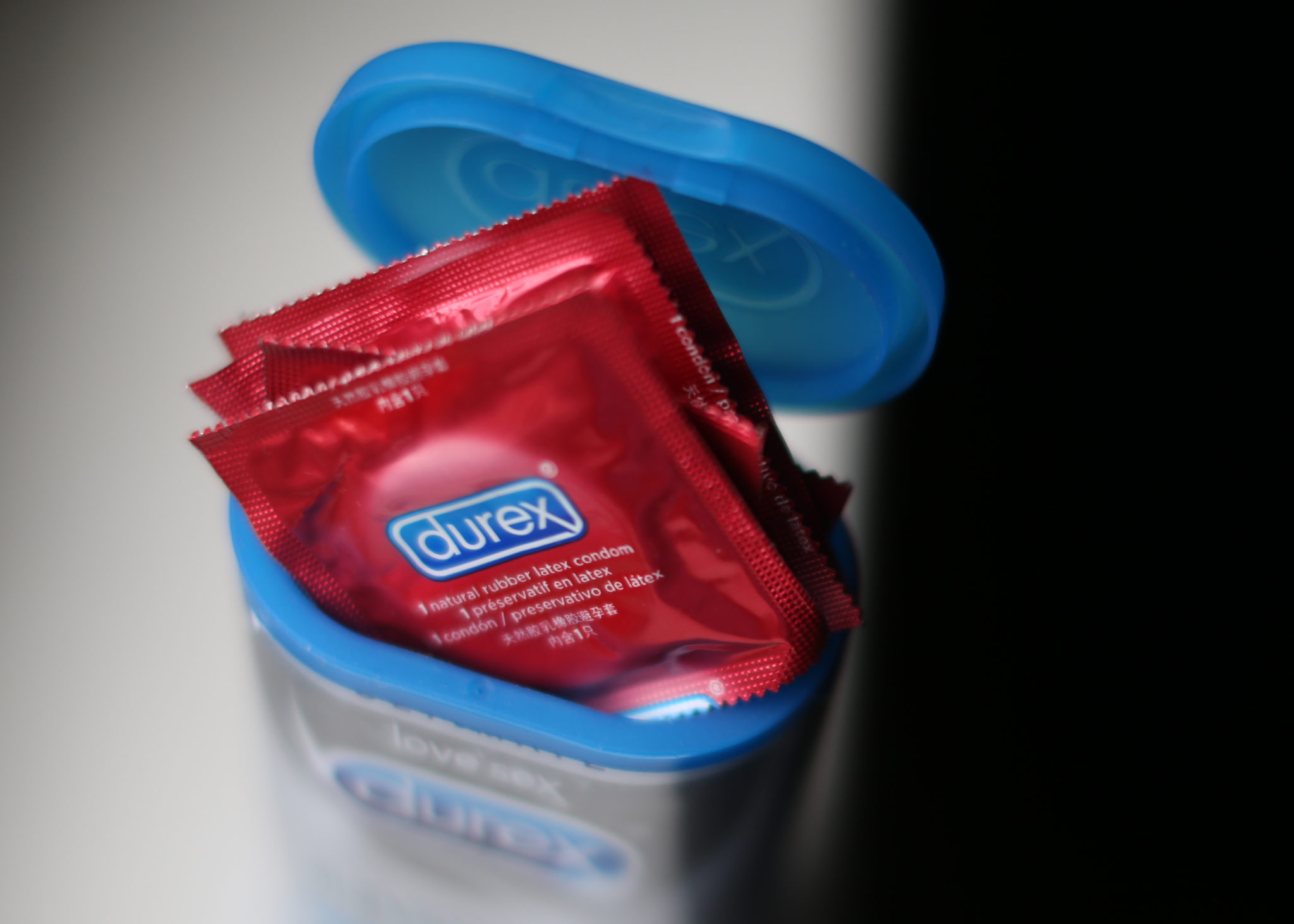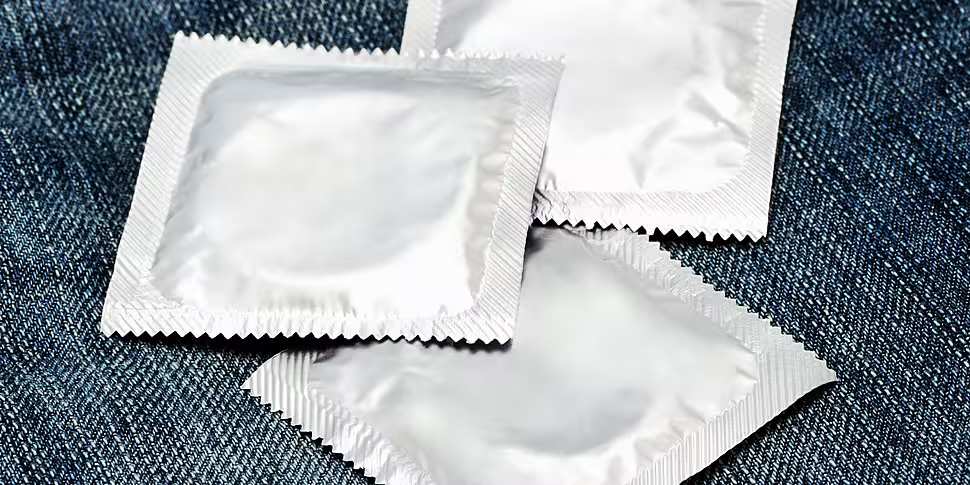Only one-in-three young people use a condom every time they have sex, a new study has found.
The Economic and Social Research Institute (ESRI) recently released their latest study on sexual initiation and sexual health behaviours among young adults in Ireland - which revealed that young people need to brush up on their knowledge of how to use a condom.
Last year, there were over 22,660 notifications of a sexually transmitted infection (STI), most of which were in the under 25 age category.
 Packets Of Condoms. Image: Alamy
Packets Of Condoms. Image: AlamyOn The Hard Shoulder, reporter Emily Keegan said statistics show that 80% of 20-year-olds know that condoms are the best method for STI prevention but only one-in-three actually uses one every time they have sex.
“Now, when they have sex for the first time it was actually 90% used protection, but that drops down dramatically, right now only 30% of men and 20% of women use protection - that's contraception overall - [but] when it comes to condoms 40% of men and 32% of women say they don't always use one,” she said.
HIV Ireland Executive Director Stephen O'Hare said more education is needed on how to use barrier protection properly.
“There are female oriented condoms for people with a vagina, there are different types of barriers people can access and provide similar protection to the standard prophylactic condom that people would be aware of - they are there,” he said.
“But also there are other methods of prevention or prophylactic available for different STIs, so HIV will be a good example of that.”
 Packs of Durex condoms as the brand makers have said that condom sales are down as lockdown limits sex lives in the UK and across the world. Picture date: Thursday April 30, 2020.
Packs of Durex condoms as the brand makers have said that condom sales are down as lockdown limits sex lives in the UK and across the world. Picture date: Thursday April 30, 2020.Mr O’Hare said we need to see more targeted sex education in Ireland.
“We need to educate younger people in places where people are open to being educated - in secondary school, in tertiary education,” he said.
“We should be working as best as we can with younger people to ensure they have the best knowledge, that they feel comfortable talking about condoms with sexual partners, that we work it into the conversations around consent and ensure that people feel they're being forewarned as well as forearmed and that they can get access to condoms readily, cheaply and hopefully freely."
 A display of multi-colored condoms. (Photo by Richard B. Levine)
A display of multi-colored condoms. (Photo by Richard B. Levine)“If we don't educate people or provide education and awareness, people will probably see less the efficacy of using condoms or maybe using them in the wrong way," Mr O'Hare said.
“So it's always important people educate themselves and understand how to use condoms, how to dispose of condoms after use, ensuring that condoms don't tear or break and it never hurts to brush up on those skills that we need in our life and in our sexual lives to ensure that we stay safe.”
There are two different kinds of tests that you can do - one in person and one sent to your home.
About 10,000 STI tests are ordered from the HSE and sent to people’s homes every month, Emily said.
Main image: Condoms on a blue jeans pocket, Alamy.









